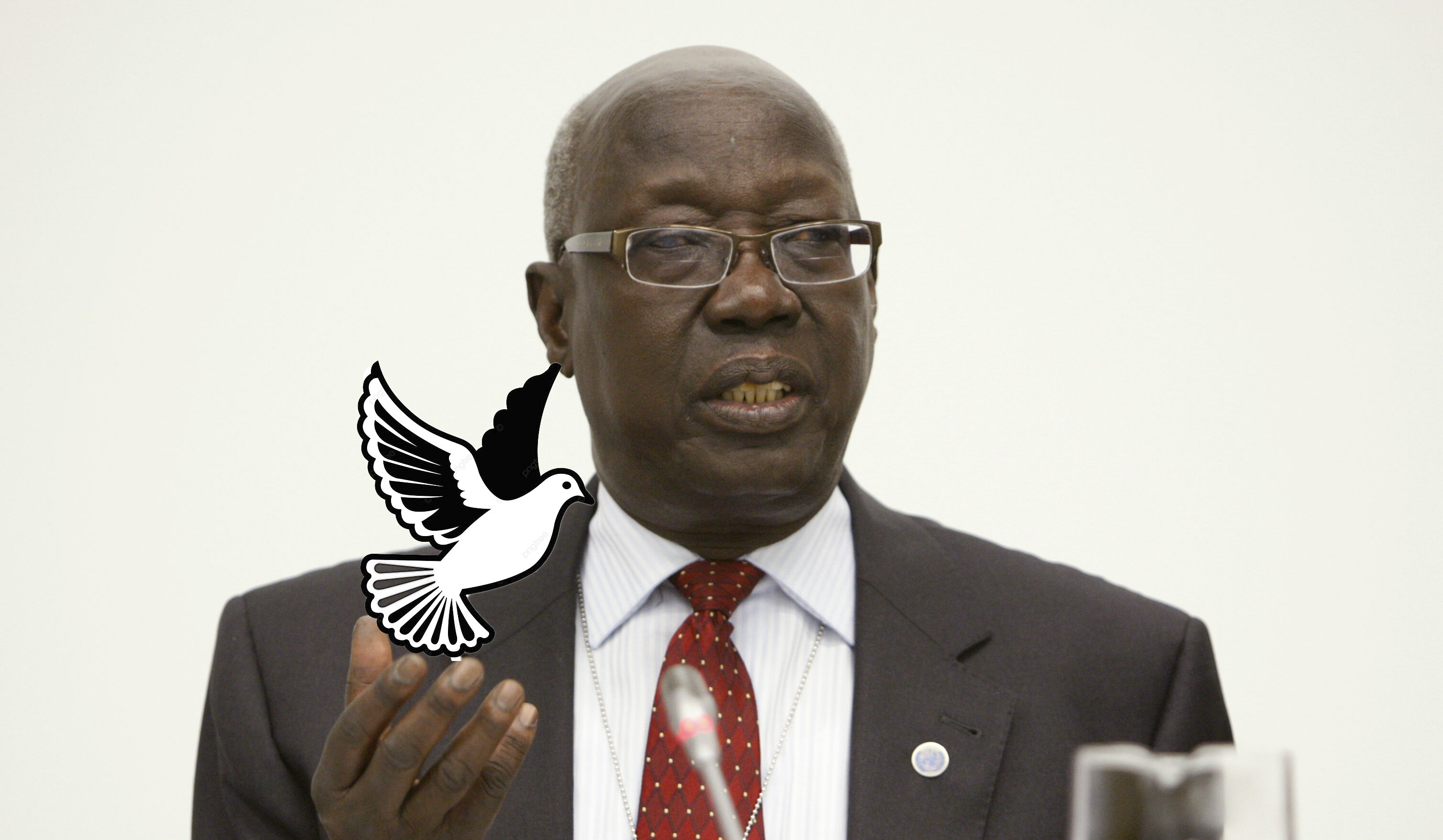
Peace is planted in the ground before it is written on paper.
Youssef Abdallah
At a time when the sound of bullets has become louder than the muezzins voice, and mothers tears faster than the flow of the Nile, the call for peace in Sudan rises like a breeze in the middle of the summer heat. It is not an initiative born in cold hotel halls, nor is it one of the statements hastily written and then forgotten in desk drawers. Rather, it is one of flesh and blood, from the soil of villages, and from the hearts of people who have tasted the bitterness of war and watched death pass by their homes every morning.
Behind this call stands a man who knows perfectly well how a homeland can be both a battlefield and a place of hope at the same time. Francis Deng, a descendant of the Sultans of Abyei, inherited from his fathers the wisdom of nightly conversations around the fire, and from the worlds most prestigious universities the discipline of thought and broad vision. He did not only read about peace in books, but carried it in his heart, pursuing it from international platforms to the alleys of destroyed villages, from south to north, from exile to return.
Since launching his call in June 2025, circles of Sudanese from all backgrounds have rallied around him, forming the Community Peace Initiative. This initiative is not a project of an elite seeking a seat at the bargaining table, but rather a grassroots movement, initiated by those who have lost their homes, lands, and loved ones, and who recognize that peace is not a luxury, but a condition of life itself.
This initiative is not about flowery speeches, but rather about building a national narrative that bridges the trenches between tribes and regions and extinguishes the flames of hatred ignited by religious and war profiteers, especially those from the former regime who have reignited strife to prolong the war and reclaim their lost power. It does not limit itself to talking about peace as a romantic concept; it moves toward genuine consultation with the people—in markets and fields, in camps, and on phone screens—so that every Sudanese has a voice in shaping their countrys future.
The peace it calls for does not merely eliminate symptoms and leave the disease behind. Rather, it delves into the deep roots of the conflict: chronic marginalization, power imbalance, the plunder of wealth, and the lack of justice in the distribution of development. It recognizes that peace cannot be achieved by excluding anyone, so it opens the doors of dialogue even to those who have taken up arms or been denied the opportunity to speak. This is because countries emerging from war are not built on formal pledges of allegiance, but rather on each sides recognition of the others existence.
At the heart of this project stands the principle of full national ownership. Decision-making rests with the Sudanese alone, and any external role, if present, is facilitative rather than directive, assistant rather than decision-maker, without dependency or under-the-table agendas. It is a peace that seeks to emerge from the hands and will of the people, not from the pockets of mediators.
Ultimately, this initiative is not a text to be read and then discarded, but a path to be walked. If the Sudanese take it seriously, it can transform from an orphan dream into a home that shelters all. Peace, as Francis Deng knows, is not signed in a closed room; it is planted in fields, built in markets, and guarded in the hearts of the people.

